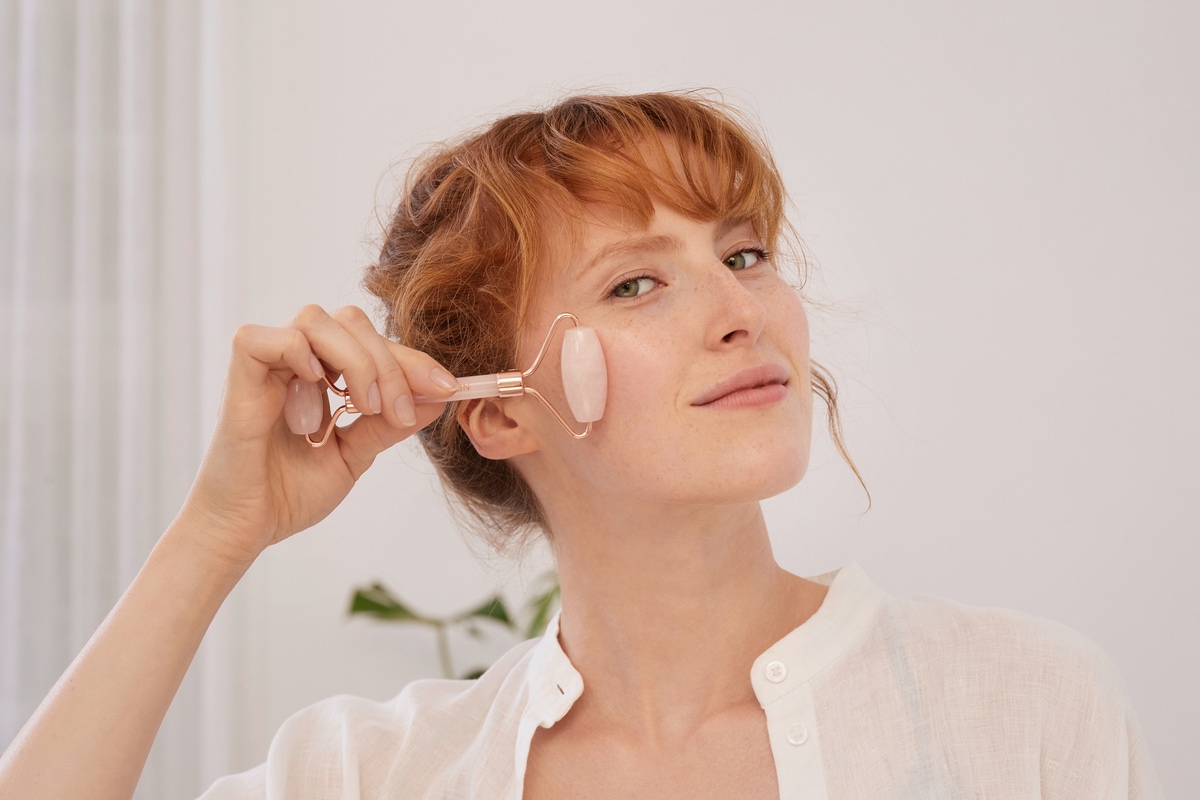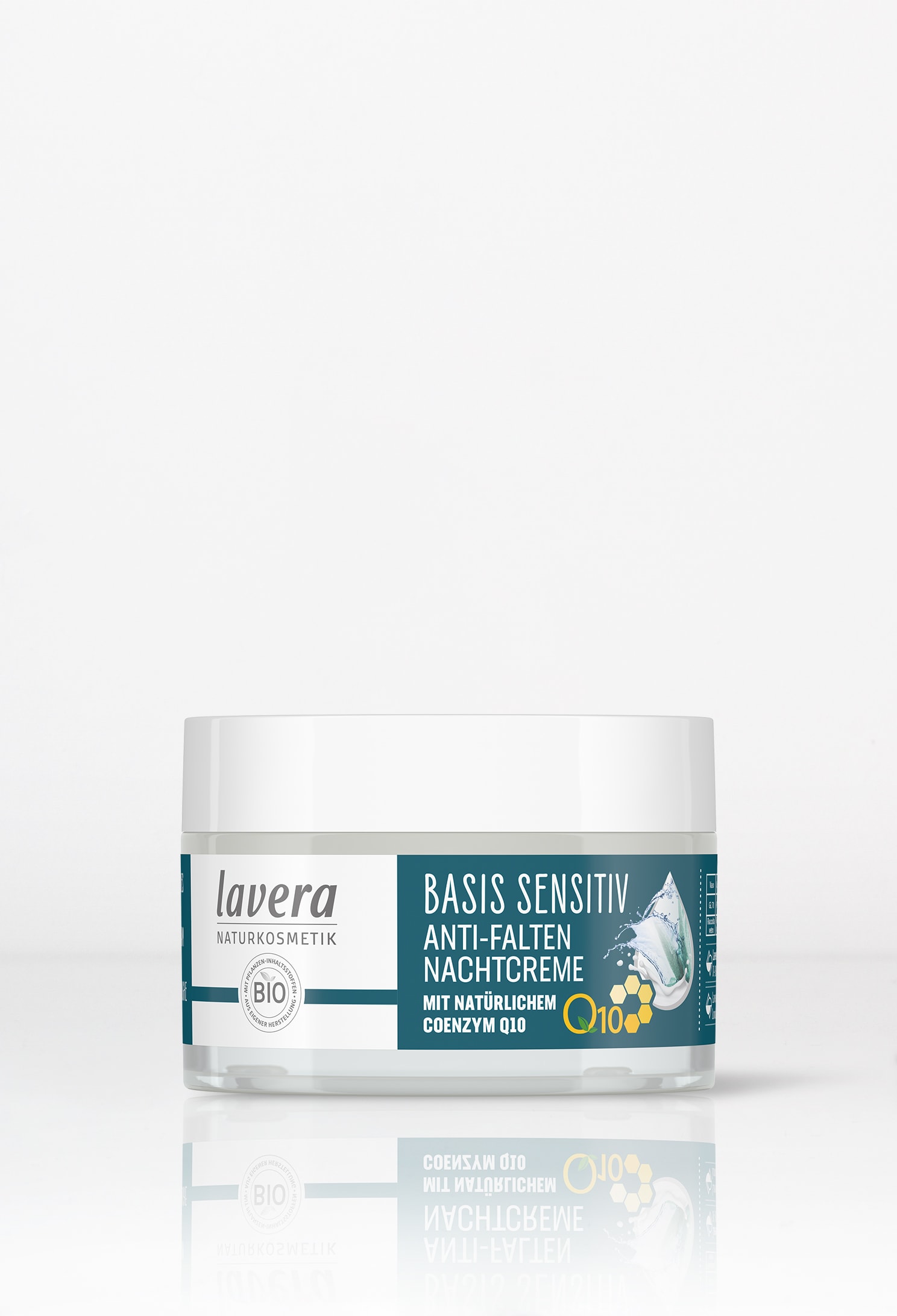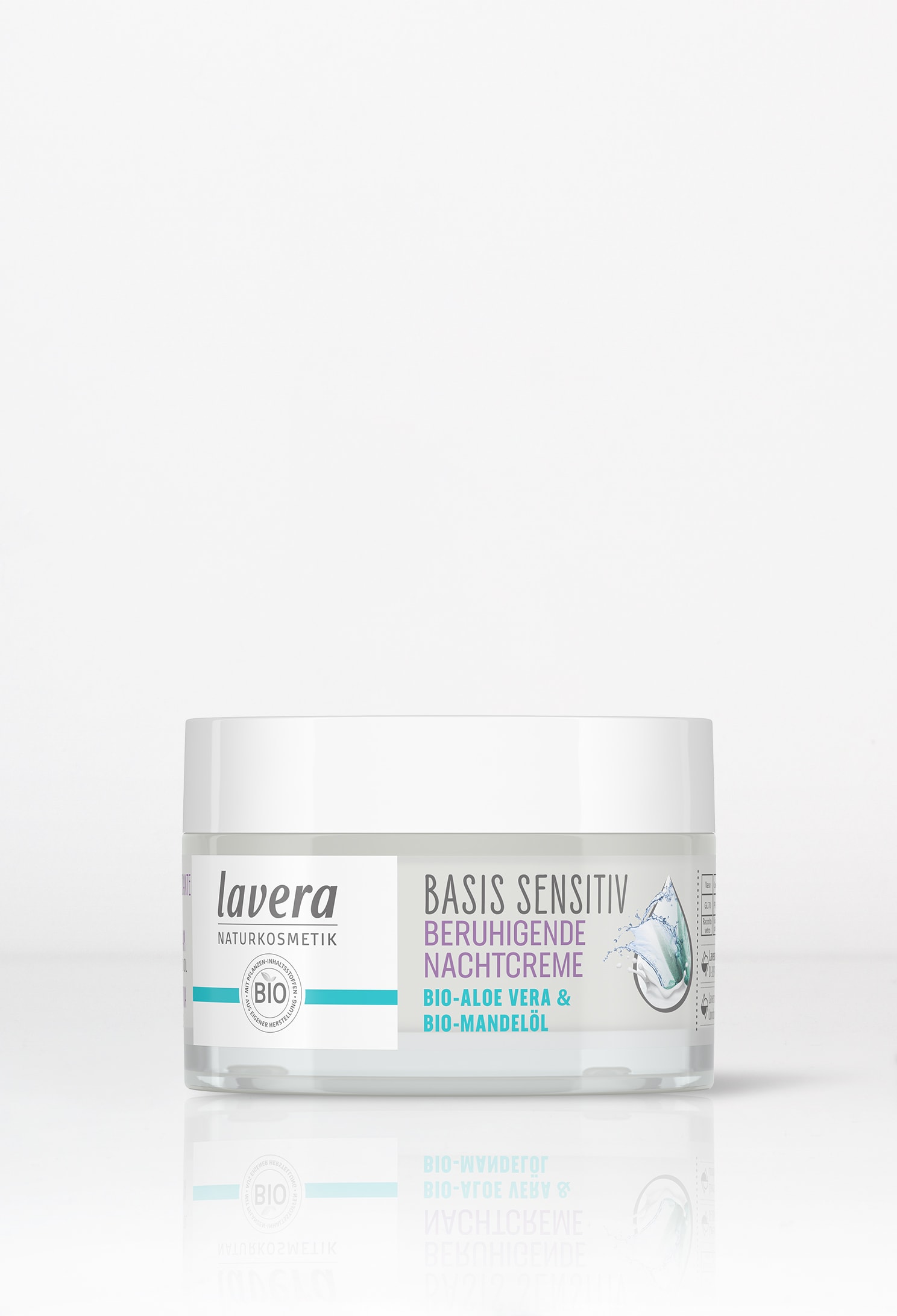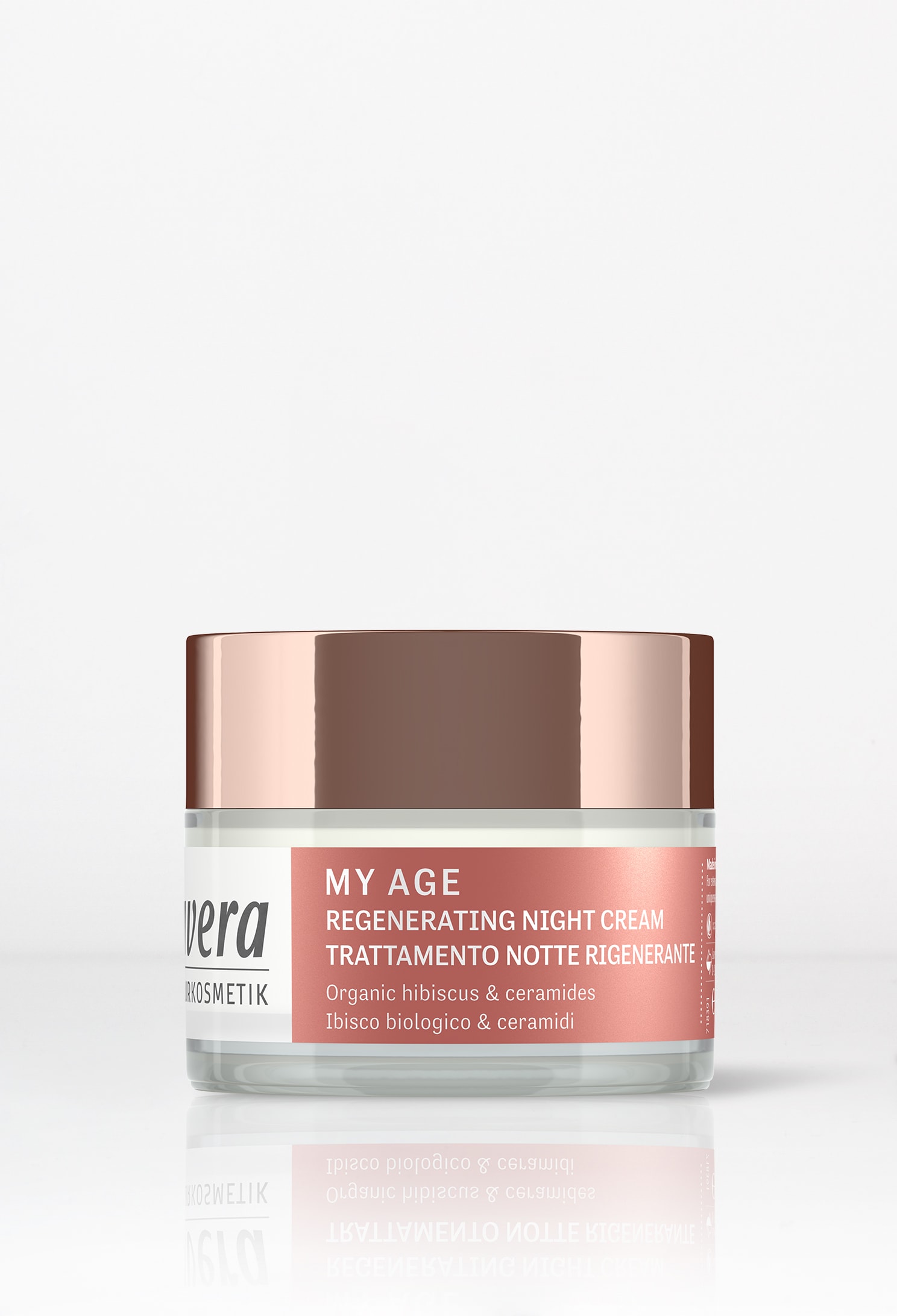Taking care of our skin is an essential part of our daily routine to keep it healthy and radiant. Night care, in particular, plays a crucial role because our skin can regenerate undisturbed while we sleep. In this article, we will explain why a night cream is beneficial, how it differs from a day cream, and the advantages of incorporating it into your skincare routine.
Stress, air pollution, and UV rays can damage our skin during the day. To repair this damage, our skin cells undergo a natural regeneration process while we sleep. Although this process also occurs when we are awake, it is particularly active during sleep. During this time, blood circulation to the skin increases, promoting the transport of nutrients and oxygen to the skin cells. This supports the regeneration processes and the repair of damage incurred during the day. Scientific studies show that our skin can repair and regenerate itself best at night. During sleep, the body is in a state of rest and relaxation, allowing the skin to focus on regeneration without distractions.


When Should You Apply Night Cream?
Day creams are formulated to protect us from potential damage during the day. At night, our skin has different needs: it no longer needs protection from sun exposure but rather from moisture loss. Night creams are specially formulated to support your skin's nighttime "repair program" by providing it with essential nutrients and moisture. To make the most of this nighttime regeneration phase, we recommend incorporating a specialized night cream into your routine.
In general, you can also use a night cream as a day cream. For particularly dry skin, or when rich care is needed, a night cream can help to intensely hydrate the skin during the day. In winter, when you are indoors or exposed to less sunlight, a night cream can also be a good option.

The Proper Application of a Night Cream
What Should a Night Cream Contain?
Many people desire a night cream with retinol. A much gentler, more tolerable, and plant-based alternative to retinol is the ingredient Bakuchiol. Bakuchiol also has various anti-aging qualities: it significantly reduces wrinkle depth, prevents wrinkles, can improve skin elasticity and firmness, and generally reduces the appearance of photoaging. For pigmentation spots, Bakuchiol eine aufhellende Wirkung. has a brightening effect. The formula of our Firming Night Cream with triple hyaluronic acid and Bakuchiol has been proven to stimulate the skin's own collagen system and reduce wrinkles.
Conclusion
Sources:
Bährle-Rapp, M. (2012). Springer Lexikon Kosmetik und Körperpflege (4., überarbeitete und erweiterte Auflage). Berlin Heidelberg: Springer Verlag.
Granger, C., Brown, A., Aladren, S. & Narda, M. (2020). Night Cream Containing Melatonin, Carnosine and Helichrysium italicum Extract Helps Reduce Skin Reactivity and Signs of Photodamage: Ex Vivo and Clinical Studies. Dermatol Ther (Heidelb), 10, 1315–1329.
Isnaini, N., Faradhila, J., Maysarah, H., Prajaputra, V., Harnelly, E., Zulkarnain, Z., Maryam, S., Muhammad, S., Haditiar, Y., Desiyana, L. S. & Sari, F. (2023). Trends in Formulation of Night Cream Containing Essential Oil. Journal of Patchouli and Essential Oil Products, 2 (2), 33-40.
Michalak, M., Pierzak, M., Kręcisz, B. & Suliga, E. (2021). Bioactive Compounds for Skin Health: A Review. Nutrients. 13(1), 203. https://doi.org/10.3390/nu13010203










